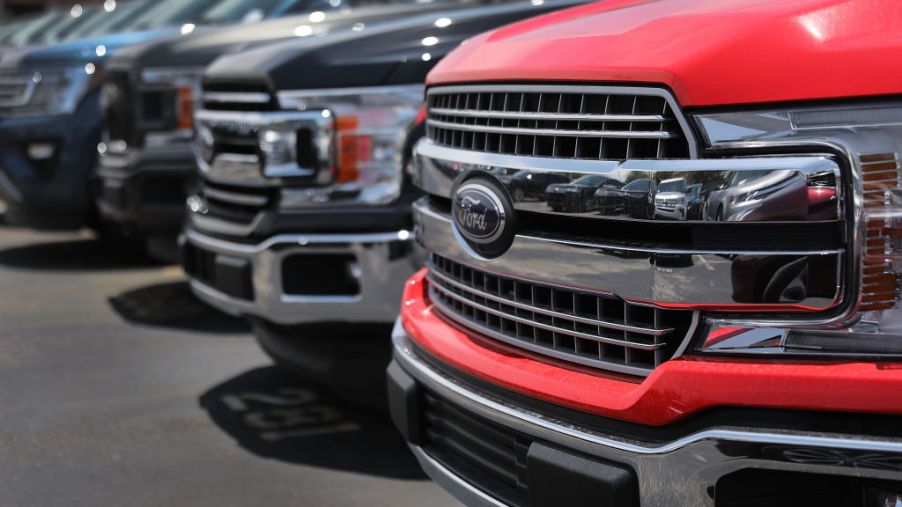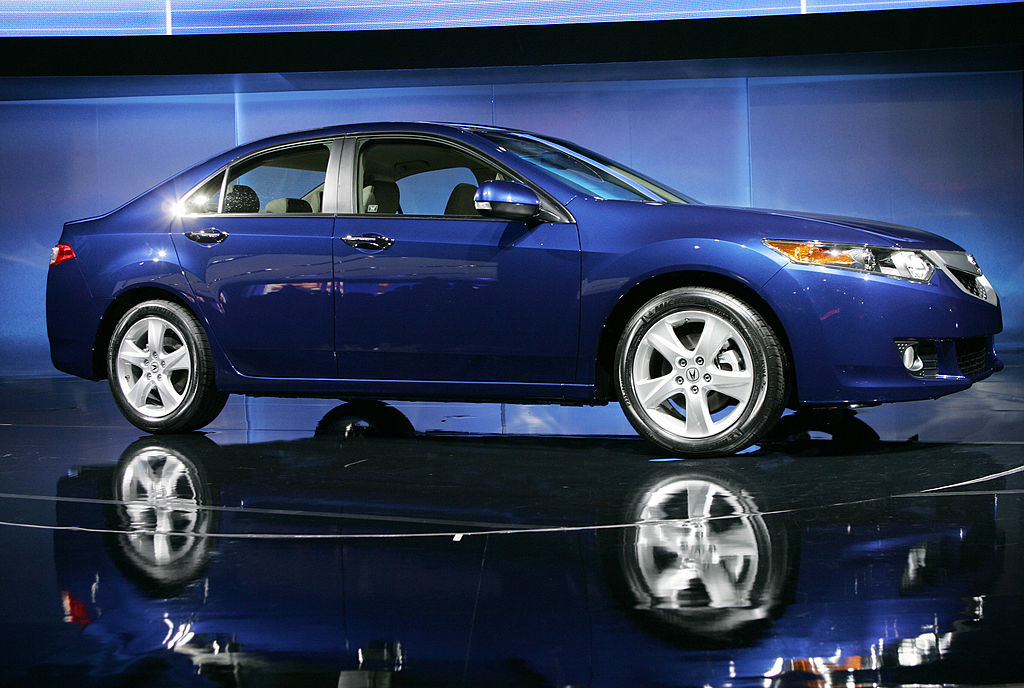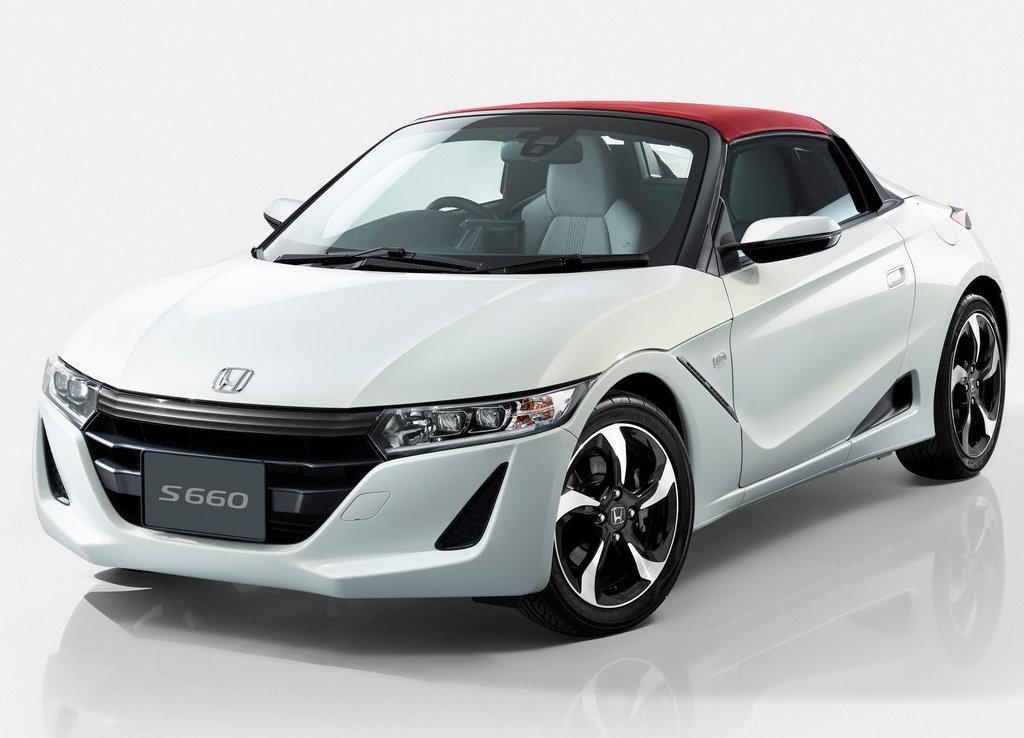
Why Don’t American Cars Sell Well in Japan?
Japanese cars have been quite the hit in the U.S. for the past 50 years or so. Reliable, fuel-efficient cars like the Honda Civic and the Toyota Prius have sustained their popularity over time and their sales show no signs of slowing down any time soon. However, that’s not the case for American cars in Japan. It’s practically the opposite, as it turns out, American cars don’t sell well in Japan.
There are differences
As you could probably guess, there are many differences between the American and Japanese car-buying market. The fact that cars in Japan are all right-hand-drive is one thing since manufacturing costs and procedures would likely be different in order to cater to the Japanese market. But customer service is another.
According to The Atlantic, one of the main reasons that American cars don’t sell well in Japan is because there is a distinct difference in the relationship between the dealership and the customers between the two countries.

A different perspective
Here in the U.S., it seems as though Americans would much rather go to the doctor for a colonoscopy than spend even 30 minutes at a dealership to get maintenance done on their car or, even worse, buy a new one.
However, in Japan, the experience is much different. The dealerships build a relationship with their customers, not only so that they can retain business over time, but also to provide the best customer service experience possible.
When the customers are ready to purchase a new car, the dealer will deliver a car for them to test drive and will even take care of the insurance as well. Additionally, car maintenance is free and the dealer will even pick up the car from the customer’s house and drop it back off after the service is done.
The Japanese public has gotten used to this type of service over the years and it’s not something that American car companies are used to.
Different tastes and stereotypes
According to the report from CNBC, aside from the more symbiotic relationship that Japanese dealers have with their customers, Japanese car buyers also see American cars as big gas guzzlers that lack in build quality in comparison to products from their own brands.
As such, more than 95 percent of the car sold in Japan are from Japanese automakers and the rest are mostly made up of European luxury brands like Porsche and BMW.
The size of the car is important as well. The streets of Japan are very narrow and very crowded. This is why the class of mini cars, called “Kei cars,” have become so popular in Japan over the years. Just think of a Kei car as a much smaller Mini Cooper.
So the bigger size of American cars is off-putting to Japanese as well. And it doesn’t help that American automakers are focusing more on SUVs and trucks, which don’t do much to serve the Japanese market.

Something to learn from
While it’s clear why American brands don’t do well in Japan, there’s probably something that we can learn from them in terms of customer service. The way that we do business here when it comes to the car buying experience hasn’t changed much in decades, and it’s probably a good time to address it.
Although, with the current pandemic crisis, it seems that the change is already on its way.



